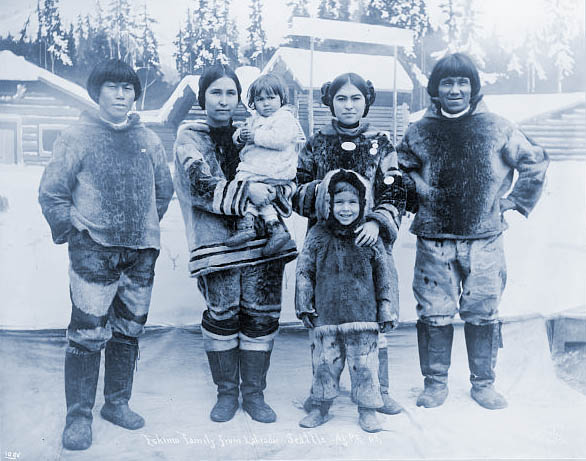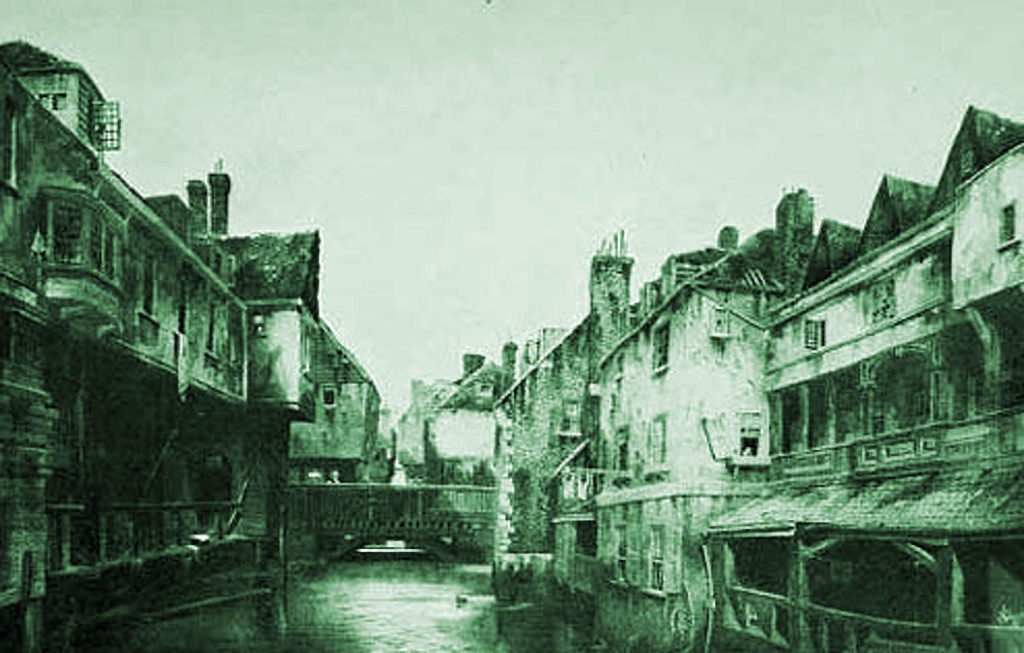Mysteries of Elizabeth Stride

In researching the life of Elizabeth Stride, the third victim of Jack the Ripper, for my novel, Say Anything But Your Prayers, I discovered several fun mysteries beyond the most obvious one concerning the identity of her murderer. In the process of writing a fictionalized account of her life, I had to make sense of the mysteries, and that meant coming up with reasonable story elements to stand in for missing information. One of the most interesting mysteries involves a misidentification of her body while it was at the mortuary. I will get to that shortly. First a couple of smaller mysteries.
On the surface, Elizabeth and her husband, John Stride, seemed to have had good opportunities. They opened a coffee shop in London in 1870. Although the shop was moved to two other locations within the city over time, they ran it until 1875 when their ownership of the business was sold. John Stride was a carpenter during a time when London was growing in leaps and bounds. Despite these endeavors, in the end, the couple was impoverished and both spent time in the workhouse.
Concerning the coffee shop—the Strides could have been terrible at business. In researching the possibilities, I discovered another likely explanation: The Ceylon coffee crop, which was the main source for the British Empire, was all but destroyed by a fungus known as coffee rust in the early 1870s. As a result of the damage to the crop, the price of coffee might have become too high.
Concerning John’s carpentry—yes, London was growing by leaps and bounds, but the industrial revolution had eliminated so many jobs throughout the countryside and the unemployed flooded into the city to find work. Competition for jobs was fierce. Any stain on a worker’s reputation might leave him out in the cold, and that could include not making the required “contributions” to organizations that organized carpentry work and workers. Victorian London was a challenging environment in which to live and thrive. The possible reasons for a lack of success for John Stride’s carpentry are endless. I chose one that made sense within the context of the tale I was telling and helped further the plot.
Two days after Elizabeth Stride’s death, on Tuesday, October 2, during the inquest into her murder, a woman named Mary Malcolm testified that she’d seen the body at mortuary twice and was certain it was that of her sister, Elizabeth Watts. She said that she met with her sister each Saturday on a street corner to give her financial assistance. She’d been meeting her for that purpose for at least three years, yet on the previous Saturday, her sister didn’t show up. Mrs. Malcolm recounted a strange experience she’d had that night. “I was in bed, and about twenty minutes past one on Sunday morning, I felt a pressure on my breast and heard three distinct kisses. It was that which made me afterwards suspect that the woman who had been murdered was my sister.” This occurrence, coincides approximately with the hour of Stride’s death.
Under questioning by the coroner, Detective-Inspector Ried, and the Foreman of the inquest, Mrs. Malcolms said of her sister, Elizabeth Watts, that she’d once had a policeman as a lover, that she’d lived with a man who kept a coffee shop in Poplar, that she’d gone by the nickname Long Liz, that she was a drunkard who had been arrested more than once for public drunkenness, and that she’d gotten released from jail on one occasion by saying that she was subject to epileptic seizures. All six of these descriptions seemed to also hold true for Elizabeth Stride.
Mrs. Malcolm said that in part she could recognize her sister’s body because the right leg had a small black mark. “It was from the bite of an adder. One day, when children, we were rolling down a hill together, and we came across an adder. The thing bit me first and my sister afterwards. I have still the mark of the bite on my left hand.”
The Coroner had already received information from other borders at the common lodging where Elizabeth Stride had been living that the body was hers. He instructed Mrs. Malcolm to go as usual on the upcoming Saturday to the corner where she met Elizabeth Watts to see if her sister turned up.
Elizabeth Watts—who had taken the name of her current husband and was named Elizabeth Stokes—did turn up. When the inquest reconvened on Tuesday, October 23, the woman became a witness, declared herself very much alive, and said many things meant to discredit Mary Malcolm.
Still, there are the six elements of description Mrs. Malcolm gave that fit Elizabeth Stride. I found only weak explanations for this mystery. Applying the principle of Occam’s razor, the simplest explanation is that Mary Malcolm lied, but coincidentally offered up so many descriptions that actually fit Elizabeth Stride that she might have been believed if Elizabeth Stokes had not shown up.
The solution to the mystery that I chose seems to be the next-simplest, and helped me to further develop the character of Elizabeth Stride. I had a lot of fun fitting my solution into the greater puzzle of her life.
Say Anything But Your Prayers, was released by Lazy Fascist Press in 2014. The novel is the second book in my Jack the Ripper Victims series, the first being Of Thimble and Threat, about the life of Catherine Eddowes—Lazy fascist Press in 2011. Exploring the long gone, but not lost world of Victorian London has been an immense pleasure for me as I perform research for the books. The first two volumes within the series are also available in one ebook titled Jack the Ripper Victims Series: The Double Event.
The third novel, A Brutal Chill in August, about the life of the first victim, Mary Ann “Polly” Nichols, was released on August 31st, 2016, the 128th anniversary of her death.
—Alan M. Clark
Eugene, Oregon
The artwork with this post: “Her Client” copyright © 2014 Alan M. Clark.
Author and illustrator, Alan M. Clark grew up in Tennessee in a house full of bones and old medical books. His awards include the World Fantasy Award and four Chesley Awards. He is the author of seventeen books, including ten novels, a lavishly illustrated novella, four collections of fiction, and a nonfiction full-color book of his artwork. Mr. Clark’s company, IFD Publishing, has released 44 titles of various editions, including traditional books, both paperback and hardcover, audio books, and ebooks by such authors as F. Paul Wilson, Elizabeth Engstrom, and Jeremy Robert Johnson. Alan M. Clark and his wife, Melody, live in Oregon. www.alanmclark.com






















